Scientists Say
A weekly word defined, in a sentence and in context.
-
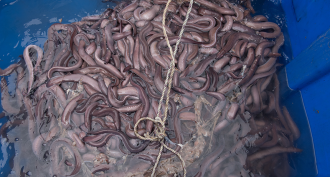 Animals
AnimalsScientists Say: Hagfish
Hagfish are eel-shaped fish with many traits that make them similar to long-vanished fossils. When threatened, they can pump out piles of slime.
-
 Health & Medicine
Health & MedicineScientists Say: Obesogens
The chemicals can change how the body stores fat or how often someone feels hungry — increasing the risk for obesity.
-
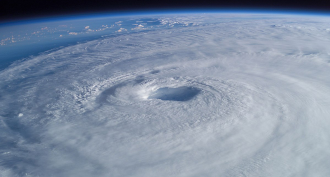 Climate
ClimateScientists Say: Eyewall
The calm center of a hurricane or other tropical cyclone is called the eye. But the worst winds and rain are around it, in the eyewall.
-
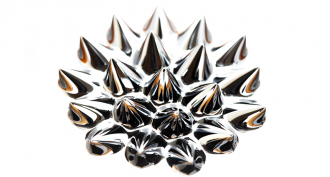 Chemistry
ChemistryScientists Say: Ferrofluid
Ferrofluids are liquids with tiny magnetic particles in them. These liquids respond to magnets.
-

Scientists Say: Naloxone
This drug can save people who have overdosed on opioids, such as fentanyl and oxycodone.
-
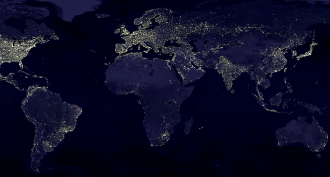 Physics
PhysicsScientists Say: Light pollution
Light pollution is when artificial light shines into places that are normally dark. It can disrupt the lives of plants, animals and people.
-
 Health & Medicine
Health & MedicineScientists Say: Myopia
Myopia is nearsightedness, where people have trouble seeing far away objects. This happens if someone’s eyes are slightly oval, instead of perfect spheres.
-
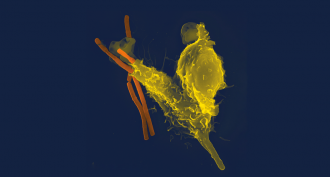 Health & Medicine
Health & MedicineScientists Say: Neutrophil
Neutrophils are the first cells to arrive when an infection takes hold. They can trap, eat and spew out chemicals that fight bad bacteria.
-
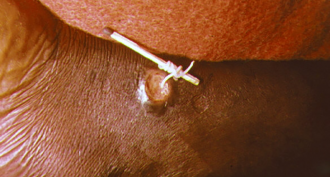 Animals
AnimalsScientists Say: Guinea worm
Scientists and health care workers are working to eradicate this parasite, which causes a painful condition called Guinea worm disease.
-
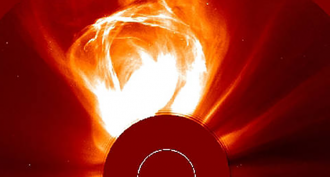 Space
SpaceScientists Say: Space weather
It may not be cloudy with a chance of rain, but space has weather too. Wind and ejections from the sun can send charged particles toward the Earth, knocking out our electricity.
-
 Genetics
GeneticsScientists Say: Genealogy
This is the study of someone’s ancestry. It could mean finding out about someone’s family tree or the history of evolution from one species to another.
-

Scientists Say: Optogenetics
This technique lets scientists control cell activity with light. The light triggers the cell to become more or less active.